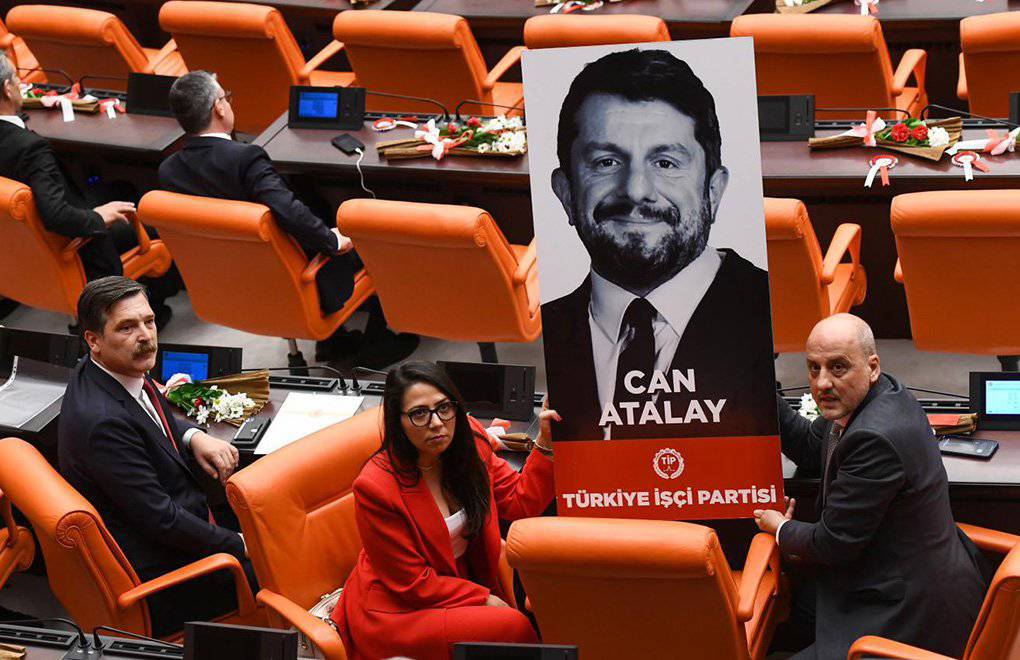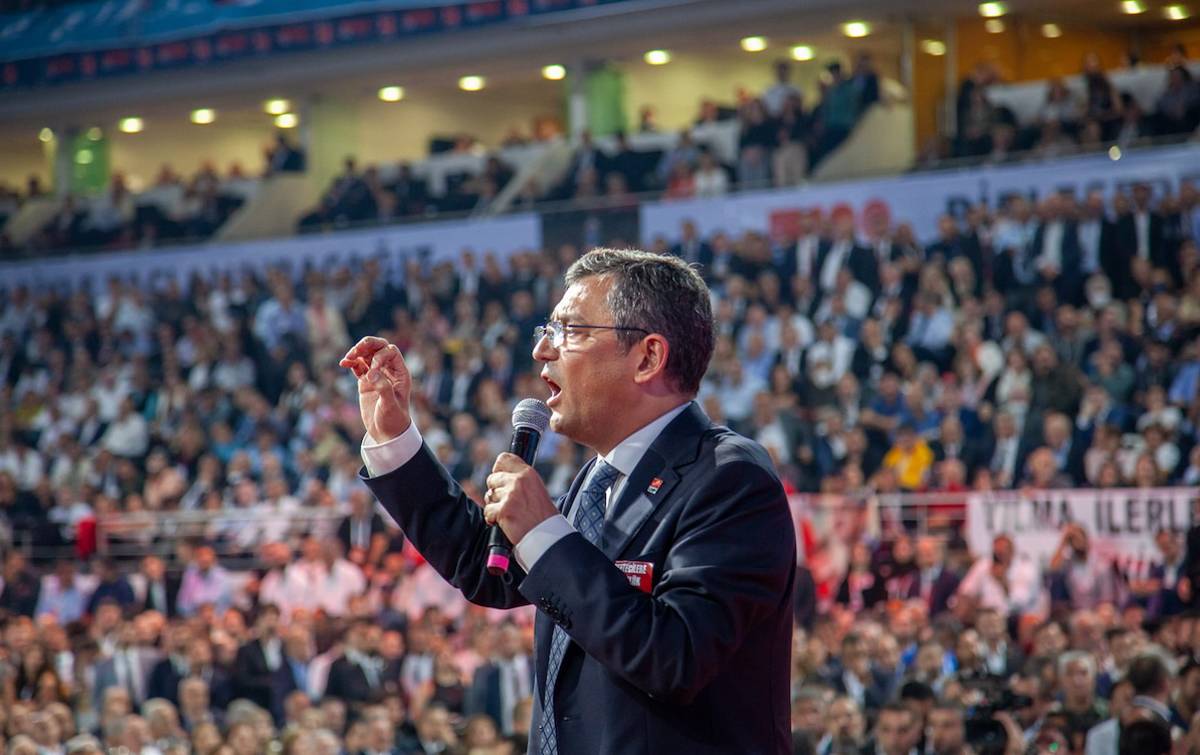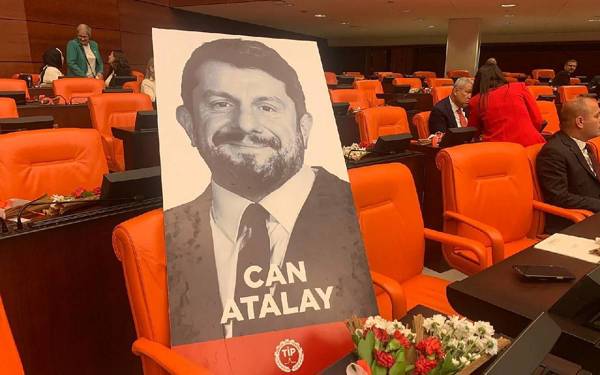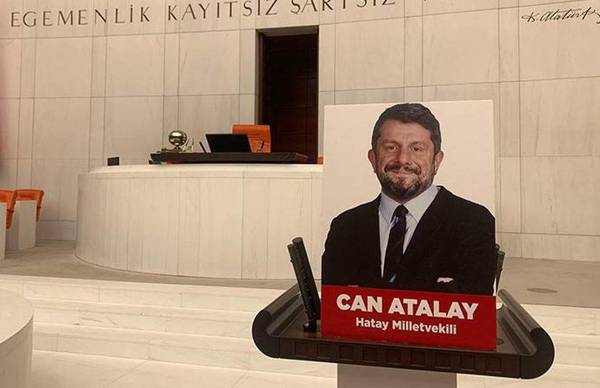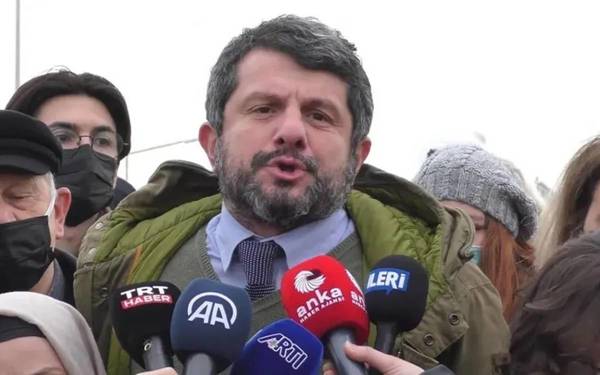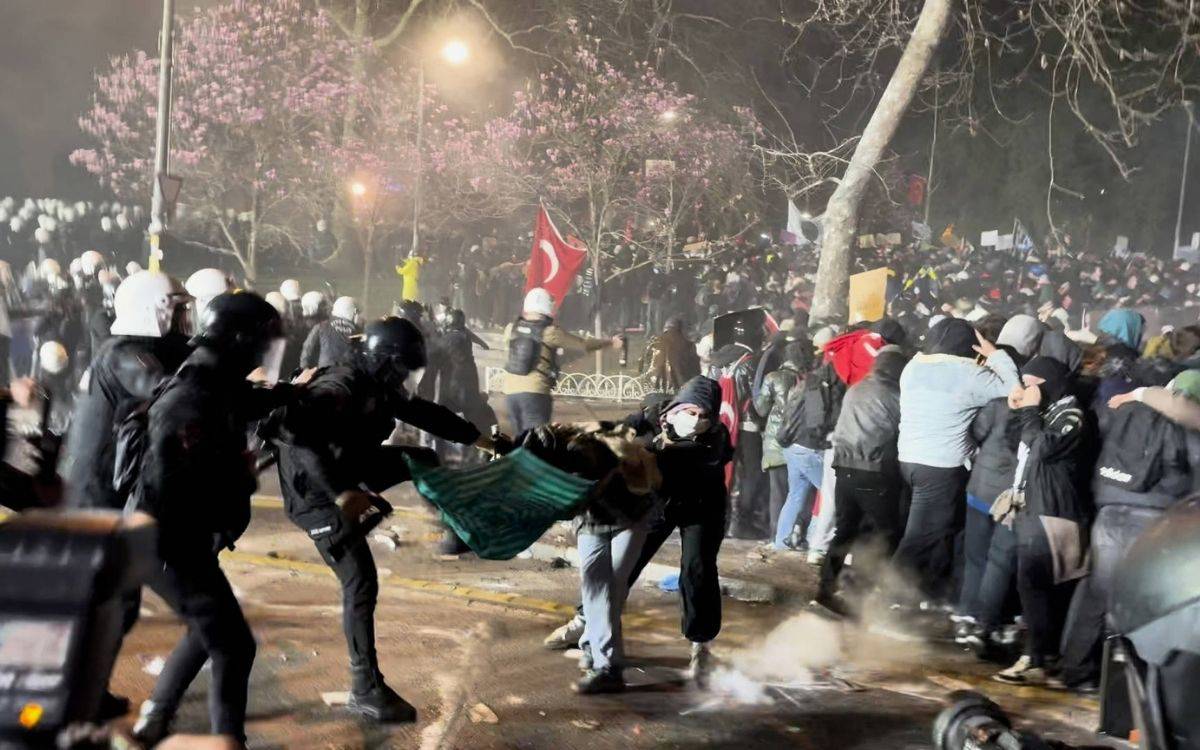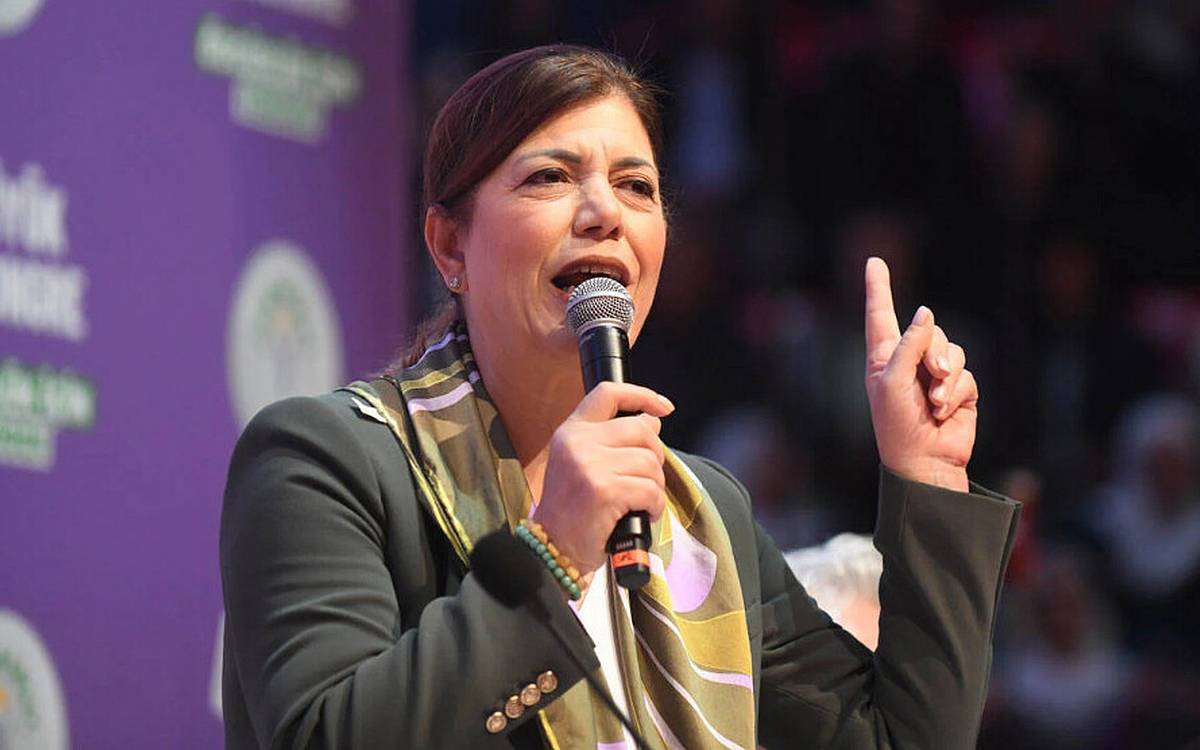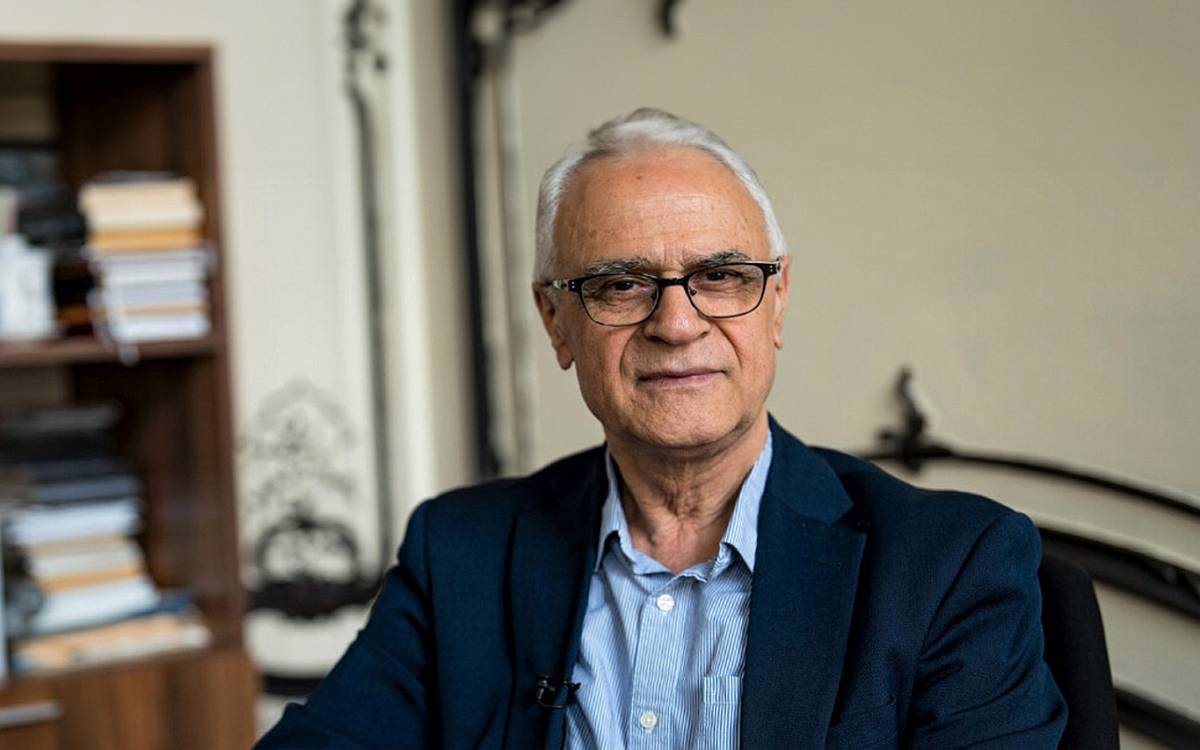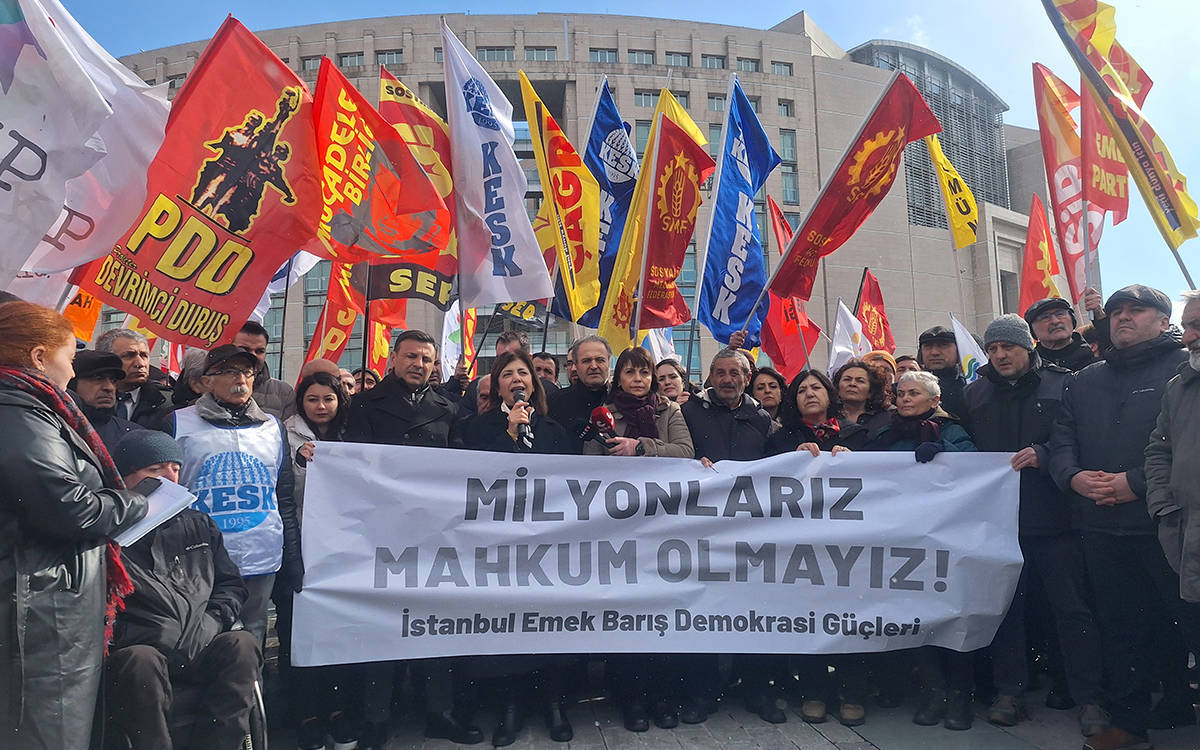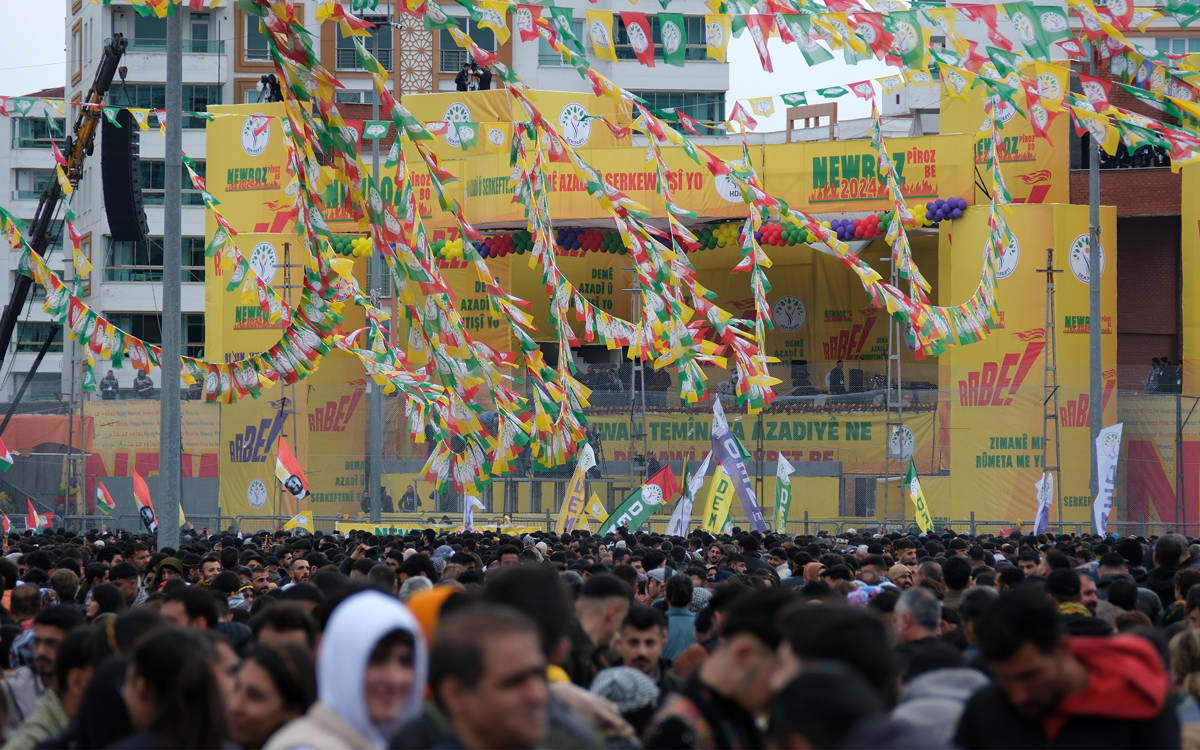The Constitutional Court (AYM) has released the reasoning for its decision regarding the violation of rights in the case of Can Atalay, a member of the Turkey Workers' Party (TIP) and a Member of Parliament for Hatay.
In its explanatory decision, the AYM stated that the Court of Cassation, by not halting the prosecution against Atalay, acted contrary to established jurisprudence and failed to fulfill its obligation to prevent similar violations.
The decision, in which 5 members of the supreme court cast dissenting votes, also mentioned, "The 3rd Criminal Chamber of the Court of Cassation acted contrary to AYM jurisprudence, failed to prevent similar violations, and, on the contrary, -using a power granted to the parliament by the Constitution- violated the applicant's constitutional rights by interpreting them in a restrictive manner."
"A release order must be issued"
Deniz Can Özen, the lawyer for Can Atalay, commented on the Constitutional Court's explanatory decision to bianet and stated that the 13th Heavy Penal Court, which reviews the case today, should issue a "immediate release order," adding, "The reasoning is very clear and straightforward: Can Atalay is a member of parliament and cannot be held in prison for even a day. The Istanbul 13th Heavy Penal Court, which has received the AYM decision, should immediately issue a release order."
"If not implemented, a new violation will occur"
Özen pointed out that there are "critical points" in the explanatory decision, stating, "Firstly, the Constitutional Court, with the doubt that first-instance courts may have a tendency not to implement Constitutional Court decisions, has meticulously detailed the nature of the decision and how the violation should be remedied.
"Additionally, the decision emphasizes that the first-instance court has no discretionary power regarding the implementation of the violation decision and that the action to be taken should be in line with the Constitutional Court's decision, including retrial, stay, and release orders. It is explicitly stated that a new violation will be created if the decision is not implemented."
"Not releasing him will constitutes a crime"
Özen emphasized that after the detailed decision of the Constitutional Court, the first-instance court cannot make a decision to the contrary and added: "There is no doubt, no hesitation; Can Atalay must be immediately released. Every minute he is not released constitutes the crime of 'deprivation of liberty' for those causing it. Furthermore, according to our Constitution, Constitutional Court decisions are binding for every individual, institution, and court.
"A decision to the contrary would mean that the rule of law is completely absent in Turkey, and the constitutional rights of every citizen in this country are not guaranteed. Therefore, a decision to the contrary cannot and should not be made."
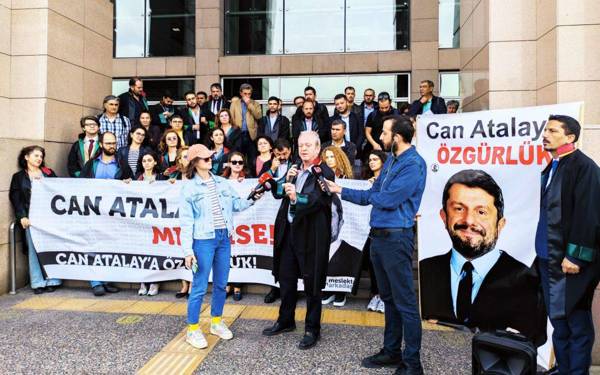
Lawyers demand release order for Can Atalay after supreme court decision
Background
Can Atalay is a prominent human rights lawyer and a member of the Workers' Party of Turkey (TİP). He has defended many activists, journalists, academics, and politicians who have faced prosecution for their dissenting views or participation in protests.
Atalay was one of the defendants in the Gezi Park trial, a controversial case that accused them of organizing and financing the 2013 anti-government protests that started in İstanbul's Gezi Park and spread across the country.
In April 2022, Atalay was sentenced to 18 years in prison for "attempting to overthrow the government by force and violence" along with seven other defendants, including philanthropist Osman Kavala, who received an aggravated life sentence. The verdict was widely criticized by human rights groups, opposition parties, and international organizations as a politically motivated attack on civil society and freedom of expression.
In the elections in May, Atalay was elected as an MP from Hatay province. However, he was not released from prison despite having parliamentary immunity. His lawyers appealed to the Court of Cassation and the Constitutional Court, arguing that his right to be elected and his personal liberty were violated. Meanwhile, the Court of Cassation, the country’s top appeals court, upheld his conviction in July. (RT/PE)






